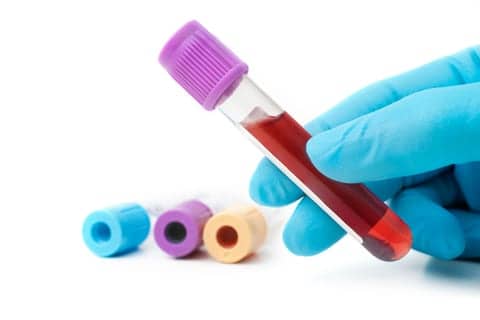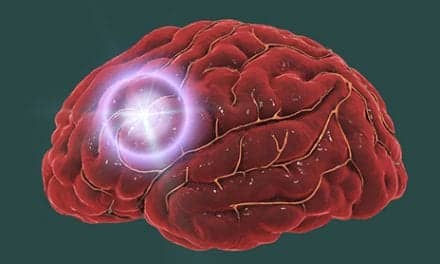Researchers at the Sweden-based Sahlgrenska Academy have developed a new blood testing method that can show an hour after a head injury how severe a concussion is, if there’s a risk of long-term symptoms, and approximately when the player can return to a game. According to an Expertsvar news release, the goal of the study was to find safer methods of diagnosing sports-related brain injuries and to obtain a better basis for decisions about when the player can return to the game.
For the study, hockey players who had a concussion were asked to provide repeated blood samples, both directly after the concussion and during the ensuing days. The results were compared with the pre-season samples from two full teams, specifically to show that a special nerve cell protein called tau in the blood could be a marker of concussion at elevated levels. The Expertsvar news release notes that by measuring the tau levels in a regular blood test, the researchers could say how severe a concussion was just 1 hour after injury.
In addition, the research can also predict, with a high level of certainty, which players would have long-term symptoms and thereby needed to rest longer. Henrik Zetterberg, MD, PhD, states the new findings are not only relevant to ice hockey, but to all sports where there is a risk of head injuries.
Zetterberg states, “We hope that this method will be developed into a clinical tool for club physicians and others in sports medicine, and is used as a basis for the decision on how long the player should rest after a blow to the head. It could even be used in general in emergency medical care to diagnose brain damage from concussions regardless of how they happened.”
[Source: Expertsvar]





